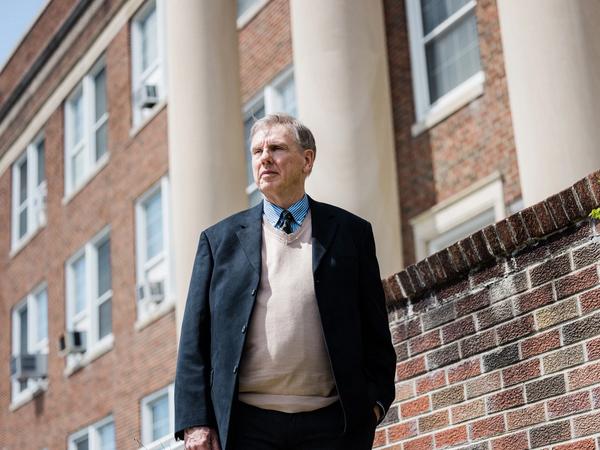A detailed report about numerous fair and ethical behavior questions at one of West Virginia’s historically Black colleges has caused a change in the school’s highest office.
In a press release, Bluefield State University (BSU) President Robin Capehart resigned Nov. 2. He said he wants to spend time with his new wife, who works in Tennessee.
In that release, BSU Governing Board Chair Charlie Cole noted, “The board is extremely grateful to Robin Capehart for his dedicated service to this institution. When he arrived in 2019, Bluefield State was experiencing significant stress. Under his leadership, the university is now in a solid financial position. After years of enrollment decline, BSU’s enrollment has grown and stabilized.”
Capehart’s departure follows a Higher Learning Commission (HLC) peer review team report of an October visit to the southern West Virginia university. The Higher Learning Commission has historically accredited post-secondary U.S. education institutions. The visit was to review compliance concerns over fair and ethical behavior on the part of Bluefield State’s governing board, administration, faculty and staff.
The report details evidence that shows Capehart and the board of governors “did not operate with integrity.” It notes Capehart disbanded the faculty senate and hired faculty without a formal search process. The report said BSU faculty have almost no oversight of curriculum or other academic matters.
Capehart told the visit team that the faculty senate would not cooperate and he did not attend meetings because he did not like some of the questions he was asked. Capehart said he received formal complaints from faculty that they felt intimidated by senate officers.
The report said for more than 10 months, BSU has been without peer-based program review, curriculum and promotion-tenure review at the university level. Staff council has not met in more than two years. Members told the visit team they were concerned it would be seen as a threat by the administration.
The peer review team noted some unique aspects of its visit. In one meeting, an individual appeared to use their cell phone to record some conversations. The team asked that person to turn off their phone. The report said most meeting participants were emotionally charged, often near tears, and in one meeting a conflict between individuals occurred in front of the team.
In staff discussions, the visit team was told that staff and administrators were moved into different positions with no search process, and titles were changed without notice.
The report concluded that school monitoring is required and HLC sanction is warranted. Bluefield State must now participate in a March 2024 hearing to further explain actions taken by Capehart and other BSU leaders.
West Virginia Public Broadcasting reached out to Capehart and Bluefield State for comment and received no response. We asked for comment from the West Virginia Higher Education Policy Commission and were told the university should comment regarding the report and any next steps.
A former West Virginia Republican Party Chair, Capehart served as secretary of Tax and Revenue in the late 1990s. He was staff attorney for the Senate Finance Committee in 2017. Capehart is also a former Marshall University professor and was named a Fulbright Scholar.
This is the second state university resignation for Capehart in eight years. He stepped down as president of Wheeling’s West Liberty University in 2015 after admitting he used university resources to help with a private film company he founded.
Del. Mike Pushkin, D-Kanawha, state Democratic Party chair, and new member of the House Education Committee, said the report sparks a need for more legislative oversight regarding possible political appointments in academic fields.
“We shouldn’t use these types of offices, putting people in charge of institutes of higher learning, in order to pay back political favors,” Pushkin said, “You have people who are either incompetent, or in this case, ethically challenged.”
The Bluefield State University Board of Governors has appointed third generation BSU alumni Darrin Martin as interim president.






















